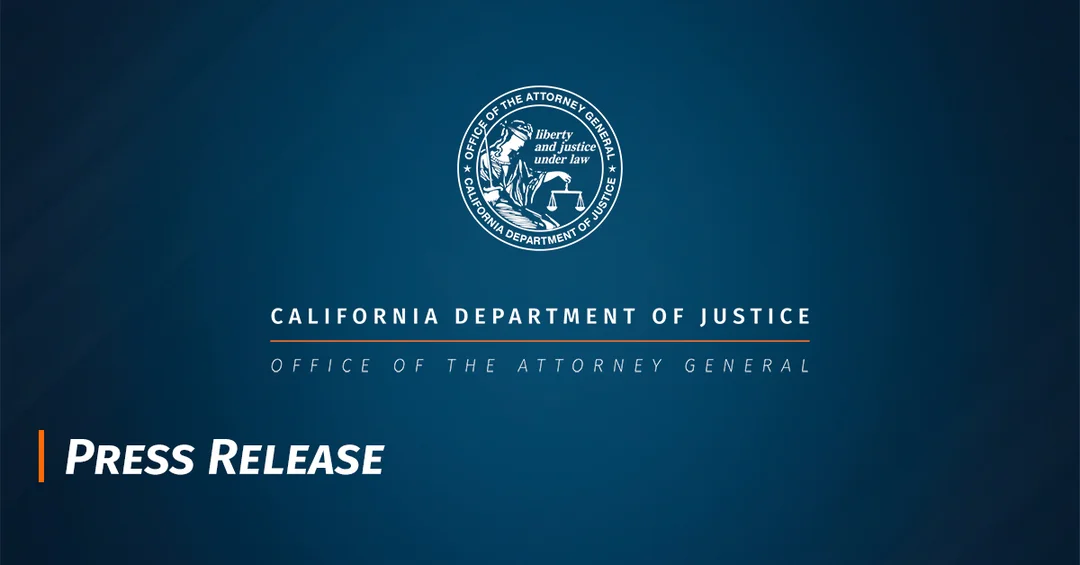
Five Indicted in Massive Tobacco Tax Fraud That Cost California $24 Million
California is at the center of one of its largest tax evasion scandals in recent years, as five individuals stand indicted for an elaborate tobacco tax fraud scheme that allegedly bled more than $24 million from state coffers. The announcement, made by California Attorney General Rob Bonta, signals a hardline approach to protecting public funds and maintaining the integrity of regulatory systems meant to safeguard critical state services.
According to officials, the sprawling operation spanned over seven years—from January 2017 through April 2024—impacting multiple counties including Sacramento, San Diego, Riverside, San Bernardino, and Los Angeles. The suspects, now facing a staggering 118-count indictment, are identified as Banayotis Reda Haddad, Ramzi Ibrahim Saba, Josef Friwat, Osama Zakour, and Jeries Ayoub Dababneh. They are accused of orchestrating a complex conspiracy involving unlicensed importation, shell companies, false tax filings, money laundering, and deceiving both authorities and customers about compliance with California's strict tobacco laws.
Attorney General Bonta emphasized the gravity of the allegations, declaring, “Schemes that defraud the government of millions in taxpayer money will not be tolerated. Today’s announcement should serve as a reminder: If you break the law and engage in fraud and theft, my office will hold you accountable.”
The core of the operation involved importing vast quantities of untaxed tobacco products into California, then distributing them as unlicensed sellers. By doing so, the group allegedly sidestepped the substantial excise tax—$2.87 per pack of cigarettes and a 52.92% tax on wholesale tobacco value—meant to fund public goods. Director Trista Gonzalez of the California Department of Tax and Fee Administration underscored what’s at stake: “Tobacco taxes provide funding for medical research, childhood development, and tobacco-prevention programs for kids. They also pay for many other critical services that Californians rely on.”
To further mask their activities, the group is accused of exploiting shell companies, hiding the origins of funds, and going so far as to submit fraudulent tax returns—or none at all. This calculated effort allegedly compromised the integrity of California's tobacco regulatory system, resulting in lost revenue for services that benefit the state's residents most.
Though the indictment is comprehensive and paints a damning picture, authorities are quick to remind the public that these charges remain allegations, and all defendants are presumed innocent until proven guilty in court. The sweeping investigation was a coordinated effort between the California Department of Justice and the Department of Tax and Fee Administration—reflecting a broad commitment to enforcing accountability and deterring future fraud schemes.
This high-profile case sends a clear message: California’s oversight agencies are vigilant, and sophisticated tax evasion will draw the full weight of state prosecution. With over $24 million in funding for health, youth, and research on the line, the outcome of this case is poised to resonate far beyond the courtroom.
As the legal process unfolds, the community is left to consider how regulatory gaps may be further closed—and how protections for vital public services can be strengthened in the future. What are your thoughts on the state’s efforts to combat large-scale tax fraud? Join the conversation below and share your perspective.